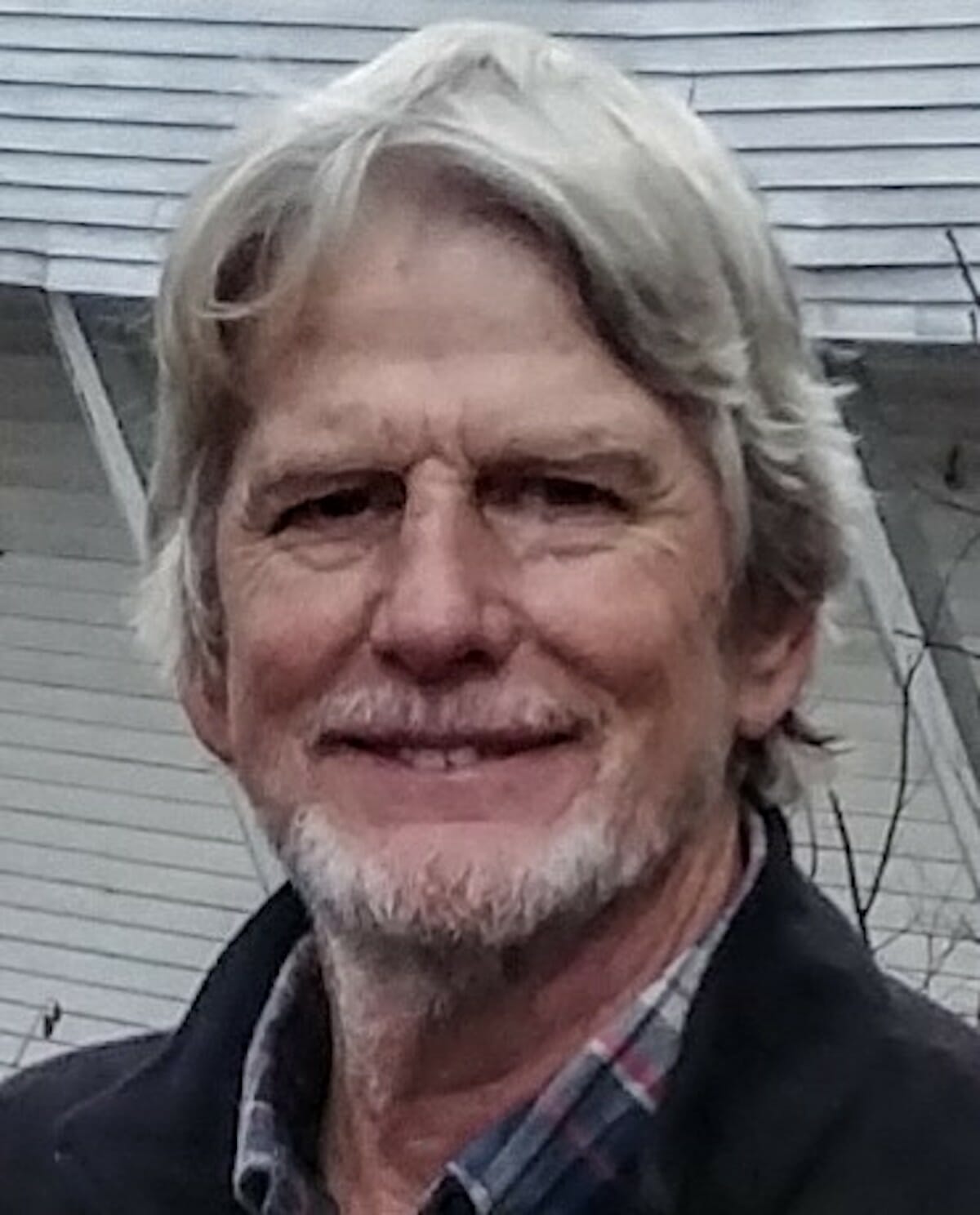Note: Third in a series of four articles.
By Larry Dandridge
The first two articles in this series on VA Mental Health Services told the author’s personal story and the positive results of using the Ralph H. Johnson Health Care System’s (RHJVAHCS) VA Mental Health Services.
Past articles have also given examples of why the five-star Ralph H. Johnson VA Medical System Center and its Community-Based Outpatient Clinics (CBOCs) make up a flagship mental health system. This article will answer more questions about VA mental health services.
Does the VA offer the full range of mental health care services?
According to the VA Office of Mental Health and Suicide Prevention Guidebook, the VA provides a wide range of outpatient, residential, and inpatient mental health services. The Veterans Health Administration (VHA) has 172 medical centers, 1,053 community-based outpatient clinics, 300 Vet Centers, 80 mobile Vet Centers, and VA staff working on college campuses. Last year, more than 1.7 million veterans received VA mental health care.
If a veteran needs support for a specific mental health problem or having problems sleeping, controlling anger, or readjusting to civilian life, he or she is not alone. VA mental health services range from peer support to counseling, therapy, medication, or a combination of these options. The VA’s goal is to help veterans take charge of their treatment and live a full and meaningful life.
Veterans, military members, their families, caregivers, and health professionals should read the VA Office of Mental Health Guide, which is found online at https://bit.ly/3bgNqe8. They should also read the information at the VA Mental Health Services online site at https://bit.ly/2FYySj5.
The VA delivers a broad range of services that contribute to a veteran’s overall psychological resilience and ability to recover from mental health conditions The VA recognizes that recovery requires a holistic (multi-disciplined) approach to care. Whether veterans are having legal problems, experiencing homelessness, living without a positive social support system, or lacking job training, the VA works with them to tailor evidence-based treatment and services to veterans’ challenges.
Why does everyone need to refer veterans who are exhibiting mental health problems to the VA?
Most people who have mental health problems like major anxiety disorder, major depression disorder, PTSD, and other mental health problems do not know they are different from the rest of the population.
What are some of the non-medical determinants of veteran health?
Homelessness and the need for job skills contribute to economic instability, and these circumstances make it less likely that a veteran in need of mental health care will seek care or continue to be engaged. Veterans who are employed, have a stable place to live, and are affiliated with a community of veterans and others for support are more likely than others to be optimistic about their future. Read about the VA’s Health Care for Re-entry Veterans (HCRV) program at https://bit.ly/3tSYjsX.
The VA also recognizes that many veterans who have been arrested or prosecuted have a mental illness or behavioral health condition that increases their risk of future legal troubles if they do not receive support and treatment services. See the VA website at https://bit.ly/3ObEFR3 titled incarcerated veterans for more information on justice-involved veterans.
How can veterans schedule their first mental health appointment?
If a veteran is already using VA medical services, he or she can ask their primary care provider to help make an appointment with a VA mental health provider. If a veteran is not already using VA medical services, veterans should contact the nearest VA medical center or Vet Center to talk about their needs. Veterans can find the nearest VA location or in-network provider by using the online search tool at the VA’s FIND VA LOCATIONS site at https://bit.ly/3Og7AUk.
Within 50 miles of Beaufort is the Savannah, Ga., VA Community Based Outpatient Clinic (CBOC), (1170 Shawnee Street, Savannah, Ga. 31419-1618, Phone 912-920-0214, mental health phone 843-789-7311) and the Beaufort VA CBOC at 1 Pinkney Boulevard, Beaufort, S.C. 29902-6122, Phone 843-770-0444, mental health phone 843-789-7311.
Who can a veteran call if they are not sure what kind of help, they need?
Veterans can call 877-222-8387 to find the right resources for their needs. If the veteran has hearing loss, they can call Teletypewriter for the Deaf at 800-877-8339.
How to get immediate Mental health care anytime day or night?
Call the VA’s Veterans Crisis Line at 800-273-8255 (24/7) or text the VA’s Veterans Crisis line at 838255 or call the Ralph H. Johnson VA Medical Center’s main number at 843-577-5011 (If you have hearing loss, call 800-799-4899) or call the RHJVA Medical Center’s Mental Health Clinic at 843-789-7311 or call 911 or go to your nearest emergency room. It does not matter what your discharge status is or if you are enrolled in VA health care.
Can I get mental health services online?
If it is hard for a veteran to get to a VA mental health facility the veteran can use one of the following options:
– Use the VA telemental health program. Veterans can connect with a VA mental health provider through a computer or mobile device in their home or at their nearest VA health facility. If you are a veteran enrolled in VA health care, ask any of your providers to help connect you with the VA’s telemental health program.
– Use the Veteran Training Online Self-help Portal for overcoming everyday challenges. Veterans can use this portal’s tools to help manage their anger, develop parenting and problem-solving skills, and more. The tools are based on proven mental health practices that have successfully helped other veterans and families. The portal is free, and veterans do not have to sign in or provide any personal information to use the tools.
– Use VA-DOD Smartphone apps for Veterans. The VA has partnered with the Department of Defense to create free smartphone applications you can use to help manage your physical and mental health. These include apps to help you deal with stress, quit smoking, and more. Learn more about apps for veterans at https://ncgwg.org/wp-content/uploads/2018/04/Resources_-Apps-for-Veterans.pdf.
Some of the apps offered include The PTSD Coach App, The Mindfulness Coach App, The Virtual Hope Box App, Breathe2Relax App, Tactical Breather App, The Concussion Coach App, Together Strong App, Parenting2Go App, Stay Quit (Smoking) Coach App, and dozens more.
Can a veteran or veteran’s spouse speak to a fellow veteran who has been through mental health challenges before?
Yes, according to the information at https://bit.ly/2FYySj5 the BE THERE peer assistance program, in partnership with Military OneSource, offers support to service members (including National Guard soldiers and Reservists), their families, and transitioning Veterans up to 365 days after separation or retirement. Through this program, you can talk privately with peer coaches who are veterans, service members, or military spouses.
Can combat veterans visit one of the VA’s Veteran Centers to get free individual and group counseling for themself and their families?
Yes, combat veterans can access VA Veteran Centers’ services even if they are not enrolled in VA health care and aren’t receiving disability compensation. Vet Centers offer services such as military sexual trauma (MST) counseling, readjustment counseling, bereavement (grief) counseling, employment counseling, and substance abuse assessment and referral. There is a search tool at https://bit.ly/2FYySj5 that veterans and others can use to find a veteran center within any chosen distance to the veteran’s home or other location. Combat veterans can also call 877-927-8387 to talk with fellow combat Veterans about their experiences, 24 hours a day, 7 days a week, 365 days a year.
Will using VA mental health services put the veteran’s career at risk?
Being diagnosed with a mental health condition or seeking mental health care doesn’t automatically put work-related credentials, such as security clearances or flight status, at risk. Most employers recognize that healthy employees who get help when they need it are more productive and effective in their jobs than those who aren’t performing at their best because they’re not feeling well. Veterans should not worry because mental health services are especially sensitive and protected by the Health Insurance Portability and Accountability Act, Personal Information Protection Laws, and VA and DoD Regulations.
Do veterans need to be enrolled in VA health care to access mental health care and other VA services?
No. If a veteran does not qualify for VA health care, the veteran may still be able to get mental health care services, like care for needs linked to military sexual trauma and other mental disorders. Veterans can call the VA’s general hotline at 800-827-1000 to find out what their options may be. This line is open Monday through Friday, 8 a.m. to 9 p.m. Eastern Standard Time.
What is a VA Veterans Center and what do they do for veterans?
According to the VA’s Vet Centers (Readjustment Counseling) website at https://www.vetcenter.va.gov, Vet Centers are community-based counseling centers that provide a wide range of social and psychological services, including professional readjustment counseling to eligible veterans, active-duty service members, including National Guard and Reserve components, and their families. Readjustment counseling is offered to make a successful transition from military to civilian life or after a traumatic event experienced in the military. Individual, group, marriage, and family counseling is offered in addition to referral and connection to other VA or community benefits and services.
Depending on the veteran’s needs and situation, they can also get free private counseling, alcohol and drug assessment, and other support for combat veterans and families at one of 300 Veteran Health Administration Community Vet Centers. The central phone number for VA Community Vet Centers is 877-927-8387.
Veterans can also contact the National Call Center for Homeless Veterans at 877-424-3838 for help 24 hours a day, 7 days a week. A trained VA counselor will offer information about VA homelessness programs, health care, and other services in the veteran’s area. Veterans needing these services should call or visit their local VA Community Resource and Referral Center.
Even if the veteran does not qualify for VA health care, the VA can help veterans find non-VA resources they may qualify for. The veteran center national directory can be found at https://bit.ly/2FmM0hM.
Larry Dandridge is a Vietnam War wounded warrior, disabled veteran, ex-Enlisted Infantryman, ex-Warrant Officer Pilot, and retired Lt. Colonel. He is a past Veterans Service Officer, a Patient Adviser at the RHJ VA Hospital, the Fisher House Charleston Good Will Ambassador, and the VP for Veteran Affairs for the local Army Association Chapter. Larry is the author of the award-winning book Blades of Thunder and a contributing free-lance writer with the Island News. Contact him at LDandridge@earthlink.net or 843-276-7164.




